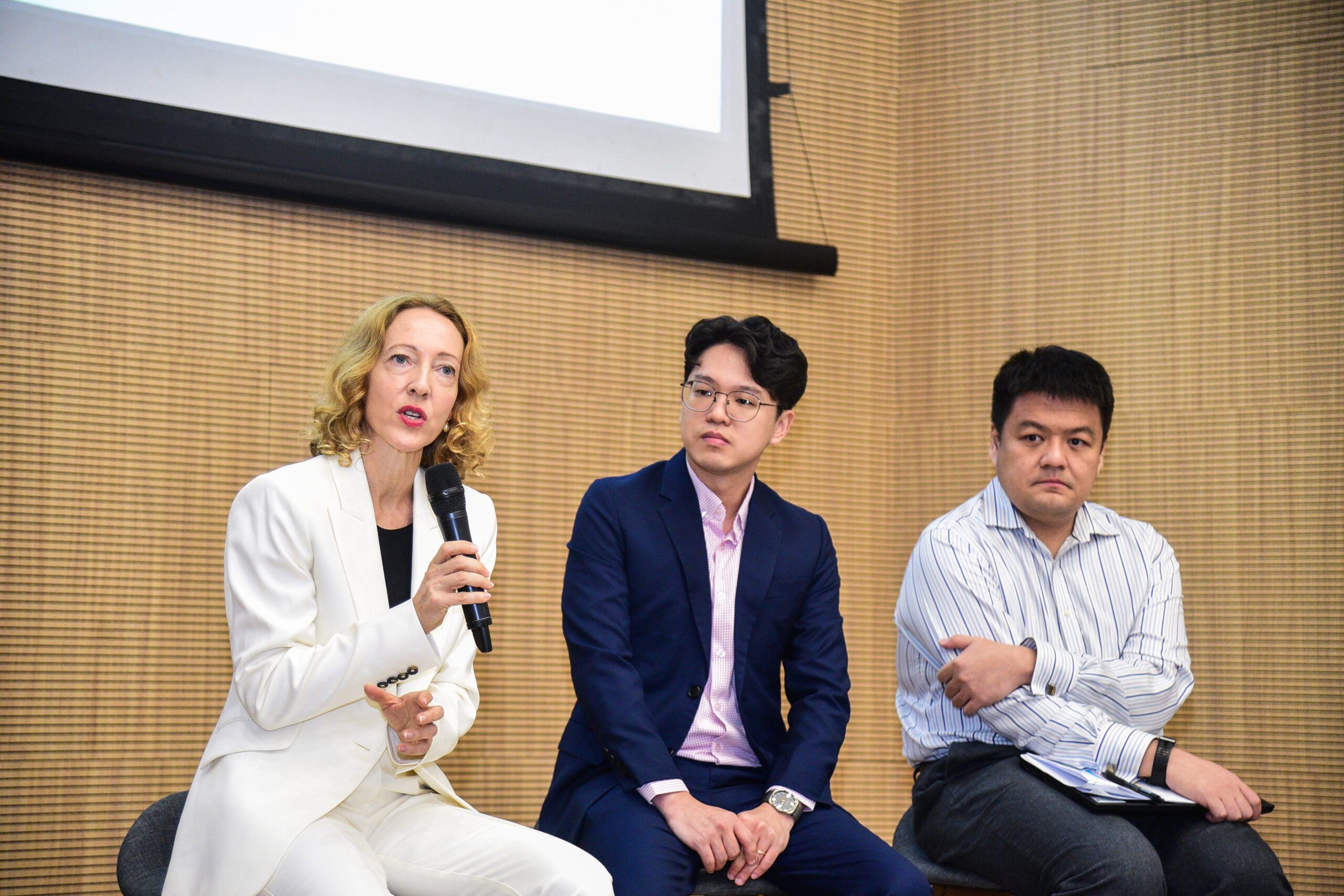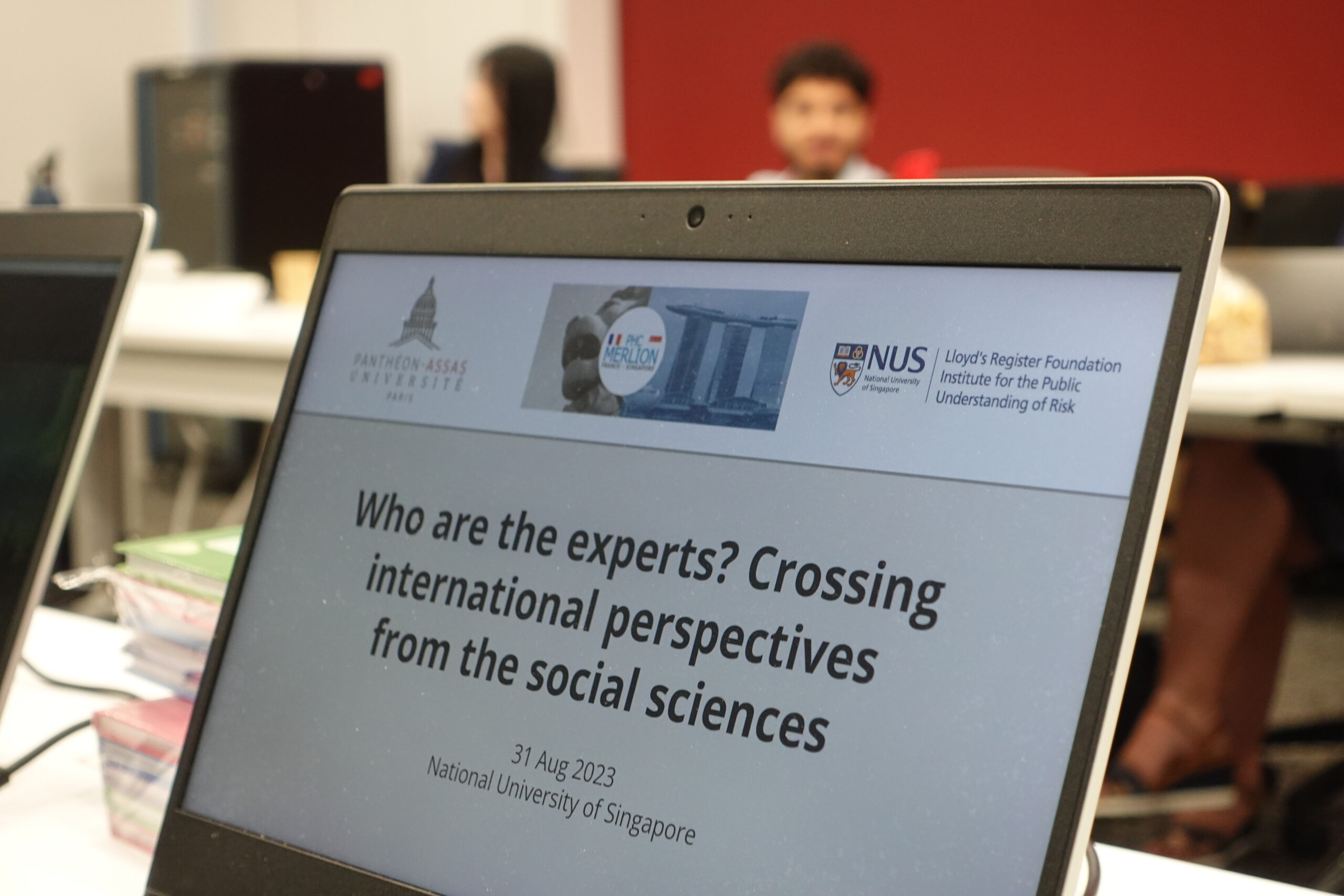Impact Stories
Successful ageing: filling the gap between policymaking and policy implementation
By 2026, Singapore will be a super-aged society where one in five Singaporeans would be 65 years and above. There is therefore an urgent and intrinsic need to focus not just on healthcare, but on integrating this group of people into society and helping them find their worth and value.
A key group of stakeholders responsible over this are policymakers and policy implementers. Often times, implementers struggle to adopt the policy because their challenges in nursing care homes or senior centres are not addressed. This gap in policymaking and policy implementation causes pain points for both parties and also the elderly charged under their care. There is also a lack of research and data to understand the needs of the elderly and how best to support them as they reach a critical juncture in their life. What are their housing needs? How can they adopt smart technologies without feeling overwhelmed? Do they have a place in green and sustainable initiatives?
The LRF Institute for the Public Understanding of Risk (IPUR) organised a health innovation workshop to address and bridge some of these issues faced by the elderly and caregivers. Held from 13-15 July, the workshop brought together policymakers and policy implementers to co-create solutions for stronger policymaking. The workshop also provided attendees with an innovation toolkit such as data analytics, behavioural insights and design thinking. “In reality, the problems these caregivers face are extremely complex, the toolkit addresses this complexity to tackle the issue of aging in Singapore,” said Asst Prof Reuben Ng, IPUR Lead Scientist (Data and Technology).
Asst Prof Ng led the workshop which was graced on the first day by Eric Chua, Senior Parliamentary Secretary, Ministry of Culture, Community and Youth (MCCY) & Ministry of Social and Family Development (MSF) and Member of Parliament for Tanjong Pagar GRC (Queenstown). Mr Chua gave the opening address at the workshop. Speakers at the workshop across the three days included Emi Kiyota, Founder of Ibasho and an environmental gerontologist focused on international and community development, and Prof John Wong, NUS Senior Vice President (Health Innovation & Translation) and NUHS Senior Advisor Professor.
Kiyota raised the topic of successful aging and how caregivers can become a change agent in this process. She said societal issues such as isolation, feelings of restriction and loneliness are barriers preventing the elderly from living a more integrated lifestyle with the general population. She said there is a great need to change the social narrative surrounding the elderly and highlighted older adults (those in their mid-40s to mid-50s) as change agents who can empower and support the elderly in their transition towards successful aging.
A significant part of the implementing new policies and initiatives to help the elderly and their caregivers will be identified through test bedding solutions in Queenstown, Singapore’s first and oldest satellite town and health district. Many of the caregivers and agencies represented at the workshop were from the Queenstown area and were able to take back skills and knowledge that would help them provide purposeful longevity for seniors under their care. Some caregivers shared that one of the key initiatives that would be developed and tested is marrying technological innovations and new care approaches to help seniors take care of their health better.
In a number of years, Queenstown will no longer be the only health district in Singapore as the overall population gets older. It is imperative that more attention is paid to the needs of seniors and caregivers – to support them and put in place policies that are beneficial to the development of healthy and quality living.


